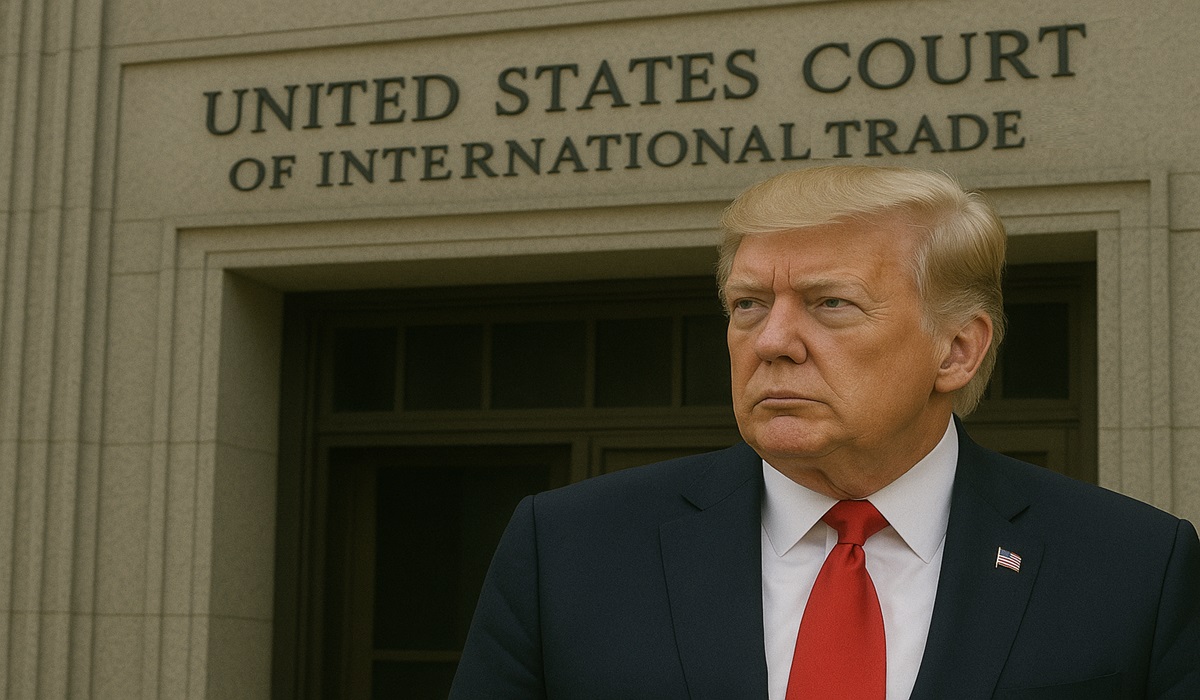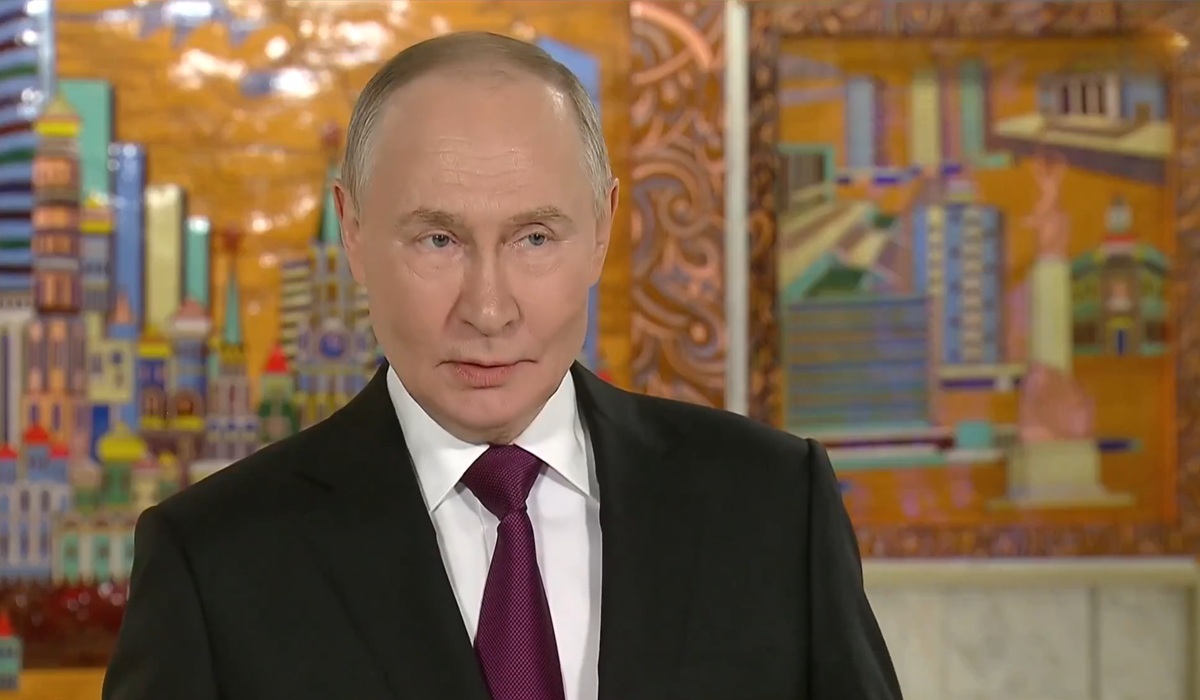Trump’s 2025 Tariffs Blocked by U.S. Trade Court — But the Global Fallout Is Already in Motion
- Ingrid Jones
- U.S.A
- May 29, 2025

In a sharp rebuke of Donald Trump’s economic nationalism, the U.S. Court of International Trade has struck down the president’s newest round of tariffs imposed earlier this year on close allies like Canada, Japan, and the European Union. But the legal victory, though significant, arrives too late to reverse the diplomatic wreckage and economic realignment already underway across the globe.
Trump, now in his second non-consecutive term, reignited his signature trade war in early 2025 by unilaterally imposing tariffs ranging from 10% to 140% on imports of steel, aluminum, electric vehicles, and battery technologies from multiple nations. Canada was once again blindsided—this time targeted not just on aluminum but on lithium battery components, a key growth sector for its economy. Trump’s justification? A vague mix of “national security,” “unfair trade practices,” and a need to “protect American workers from foreign freeloaders.”
The backlash was immediate and furious. Canada responded with retaliatory tariffs on U.S. agricultural products and advanced manufacturing parts, while the European Union filed complaints at the WTO and threatened to cut U.S. companies out of its Green Deal industrial programs. Japan and South Korea, both longtime U.S. allies, issued coordinated statements condemning the move as economic sabotage disguised as security policy.
Now, months later, the U.S. Trade Court has ruled the tariffs unlawful, citing lack of evidence that the targeted imports posed any real national security threat. The court’s decision also acknowledged the harm done to U.S. businesses reliant on cross-border supply chains—many of which saw costs skyrocket and contracts canceled due to the tariffs. For Canadian manufacturers, the ruling is cold comfort. Orders have already been rerouted, joint ventures suspended, and confidence in the U.S. as a stable trading partner continues to decline.
This is not an isolated policy misstep—it’s a pattern. Trump’s earlier tariffs during his first presidency damaged global trust, and this second round confirmed to many that the U.S. cannot be relied on to play by the rules. It’s no longer about Trump alone. The erratic trade posture of the U.S.—driven by short-term political optics rather than strategic stability—has triggered something much more permanent: a global pivot away from the United States.
We are now witnessing the acceleration of de-dollarization. In 2025, the BRICS bloc expanded to include several oil-rich nations and is actively piloting a cross-border settlement currency tied to a commodities basket—bypassing the U.S. dollar. Even Canada, once tethered economically to American policy, is increasing bilateral trade in euros and yuan, especially for clean tech and critical minerals. The European Union has passed new trade protocols emphasizing “currency diversity” in long-term deals, while African and Latin American economies are doubling down on regional trade blocs that exclude U.S. oversight.
The broader message is clear: the rest of the world is building economic escape routes from Washington. The court may have blocked Trump’s latest tariffs, but it cannot block the unraveling trust. Nor can it undo the perception that U.S. trade law is now a tool of political vengeance rather than a system of mutual gain.
For Canadian exporters, this is a moment of strategic reckoning. Diversification isn’t just smart policy—it’s survival. And for global markets, the court’s decision is validation, but not vindication. The global economy is moving on, building alliances and systems that don’t require American permission—or protection.
The next time the U.S. slaps on a tariff or pulls out of a deal, fewer will wait for the courts to say it’s wrong. They’ll already be gone.








